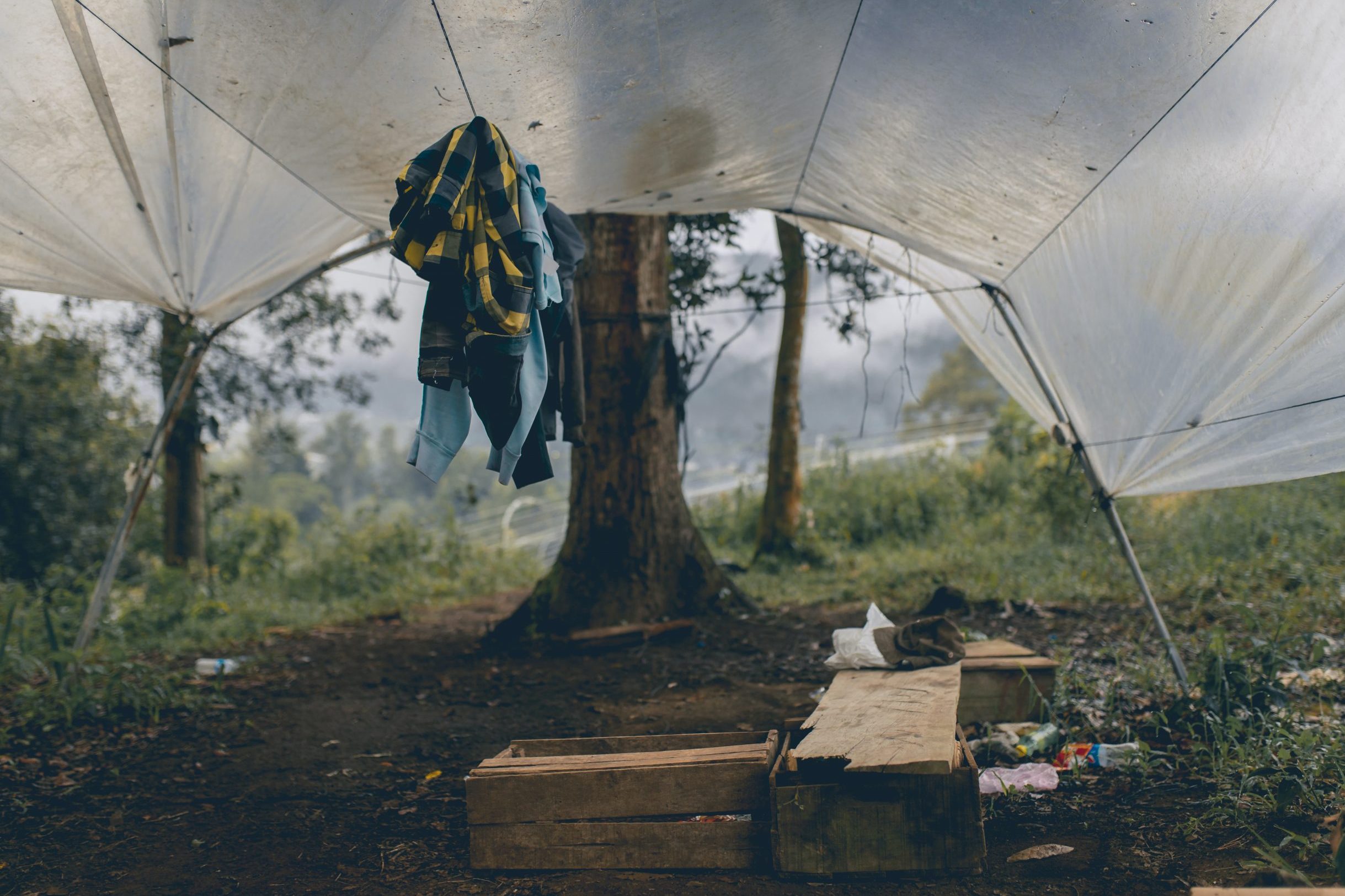Homelessness is one of the most pressing issues facing cities and towns around the world. In the US alone, there are an estimated 500,000 people experiencing homelessness on any given night. For those living in a state of housing insecurity, resources like homeless shelters and supportive housing can provide invaluable help. This blog post will look at some of these resources, as well as how you can access them and make sure that you’re getting the support that you need.
List of Homeless Shelters by State
There are many resources available for homeless individuals and families looking for shelter. A comprehensive list of homeless shelters by state can be found below. This list includes contact information for each shelter, as well as a brief description of the services each one provides.
Alabama:
Birmingham Emergency Shelter – Provides emergency shelter for men, women, and children. Services include meals, clothing, and case management.
Montgomery County Emergency Shelter – Offers emergency shelter and supportive services to men, women, and children who are homeless. Services include meals, transportation, housing assistance, and job placement assistance.
Alaska:
Anchorage Salvation Army Homeless Shelter – Offers a variety of services to those in need, including an overnight shelter, food assistance, clothing vouchers, and more.
Fairbanks Rescue Mission – Provides safe housing and rehabilitative programs for men who are struggling with homelessness or addiction. Services include individual counseling, group therapy, job training, and more.
Wasilla Mat-Su Hope Center – Offers a variety of services to those in need, including an overnight shelter for families with children, a soup kitchen, food pantry, and more.
Arizona:
Phoenix Rescue Mission – A Christian organization that offers hope to the hopeless through a variety of programs designed to help those struggling with homelessness or addiction get back on their feet. Services include an overnight shelter for men and women (with separate wings), transitional housing program for women and children fleeing domestic violence situations, job training program,
List of Supportive Housing Programs by State
There are many supportive housing programs available to individuals and families who are struggling with homelessness. These programs provide safe, affordable housing along with access to support services that can help people get back on their feet.
Each state has its own unique set of programs, so it’s important to do your research and find the one that best suits your needs. Below is a list of supportive housing programs by state:
Alabama:
– Community Action Agency of North Alabama’s “Housing First” program provides eligible individuals and families with access to permanent, affordable housing. Participants also receive case management and other support services.
– The Housing Authority of the Birmingham District offers a variety of voucher programs that can help low-income families and individuals find safe, affordable housing.
Alaska:
– The Alaska Housing Finance Corporation operates a number of programs designed to help Alaskans with low incomes find safe, affordable housing, including the “Housing Choice Voucher” program.
– Fairbanks Rescue Mission offers a number of transitional housing options for men, women, and families who are experiencing homelessness. Residents have access to support services like job counseling and life skills training.
Arizona:
– The Continuum of Care Coordinated Entry System helps connect individuals and families experiencing homelessness with available resources in their area.
– Catholic Community Services’ “Housing First” program provides permanent, affordable housing for eligible individuals and families along with access to supportive services like case management
How to Get Help if You’re Homeless
If you are experiencing homelessness, there are a number of resources that can help. Here are some steps to take if you need assistance:
1. Contact your local 2-1-1 hotline. This resource can connect you with shelters and other housing options in your area.
2. Reach out to your local Department of Social Services or Human Services department. They may have programs and services available to help you secure housing.
3. Look for faith-based organizations in your community that may offer temporary housing or other forms of support.
4. Connect with a national organization like the National Coalition for the Homeless for more resources and information on available assistance.

What to Do if You’re Evicted
If you are facing eviction, there are a number of resources available to help you. Here are some things to do if you’re facing eviction:
1. Talk to your landlord: try to work out an arrangement with your landlord that will allow you to stay in your home.
2. Contact your local housing authority: they may be able to provide you with financial assistance or connect you with other resources.
3. Look into government programs: there are a number of government programs that can help you if you’re facing eviction, such as the Low Income Home Energy Assistance Program (LIHEAP) or the Emergency Food and Shelter Program (EFSP).
4. Seek out community resources: many communities have organizations that can help those facing eviction, such as churches or charities.
5. Get legal help: if you’re facing eviction, you may want to seek out legal assistance. A lawyer can help you understand your rights and options, and may be able to negotiate with your landlord on your behalf.
How to Find Affordable Housing
If you are struggling to find affordable housing, there are a few resources that can help. The first place to start is your local Housing Authority. They can help you find affordable housing options in your area. Another great resource is the HUD website. They have a database of affordable housing options across the country. There are also many non-profit organizations that work to help people find affordable housing. These organizations can often help you with things like down payment assistance and financial counseling.

Homelessness is an ever-growing problem throughout the world, and it’s important to be aware of all available resources in your area. Homeless shelters and supportive housing programs can provide temporary or longer-term solutions for those facing homelessness. These programs often include counseling, job training, educational services, health care access, and other support services that can help homeless individuals transition back into society. With the right resources at their disposal, no one should have to struggle with homelessness alone.
